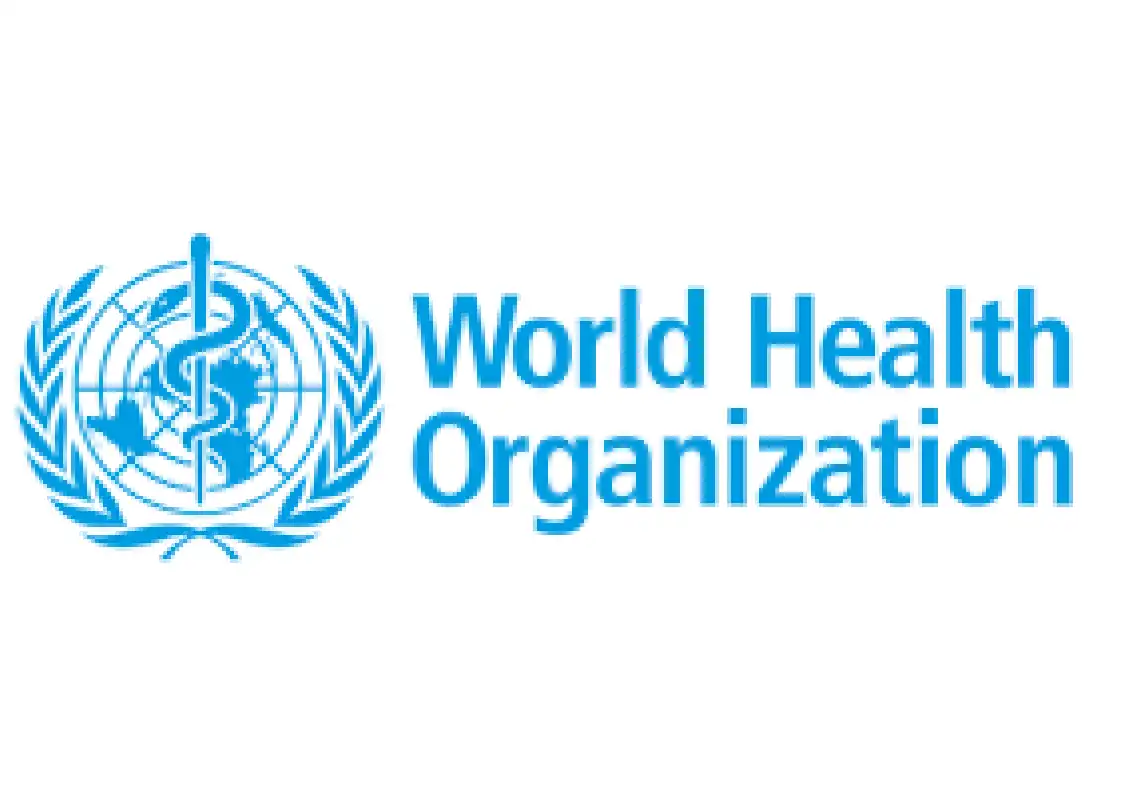By News Karnataka Editorial Team
Copyright newskarnataka

New Delhi: The World Health Organization (WHO) has strongly rejected recent claims by U.S. President Donald Trump that link autism to the use of paracetamol (known as Tylenol in the United States) during pregnancy, as well as to childhood vaccinations. WHO spokesperson Tarik Jašarević described the evidence as “inconsistent” and reaffirmed that vaccines are safe, essential, and have no causal link to autism.
Global Health Agencies Respond
The controversy erupted after President Trump, during a White House press conference with Health Secretary Robert F. Kennedy Jr., advised pregnant women to avoid using acetaminophen and repeated unverified claims suggesting vaccines may contribute to autism. He cited concerns over rising autism rates in children, suggesting that common medications and preventive healthcare interventions could be contributing factors.
Global health authorities were quick to respond. The WHO stressed that no credible scientific evidence currently links paracetamol use during pregnancy to autism. “Parents should follow established medical guidance and consult healthcare professionals before making any medication decisions,” Jašarević said.
Similarly, the European Medicines Agency (EMA) and the United Kingdom’s Medicines and Healthcare products Regulatory Agency (MHRA) issued statements clarifying that paracetamol is safe for use during pregnancy when taken at the lowest effective dose. The agencies highlighted that recent large-scale studies have not established any causal relationship between prenatal paracetamol use and autism spectrum disorders.
Trump’s Announcement and Its Reception
Trump’s statements also included mentions of leucovorin, a folic acid derivative, as a potential treatment for autism-related folate deficiencies. While some small-scale studies have suggested limited benefits, experts emphasise that robust clinical trials are needed before recommending such interventions.
Health professionals have expressed concern that the statements could undermine public confidence in established medical guidelines. “Misinformation from high-profile figures can have real-world consequences, including reduced vaccination rates and hesitancy in using safe medications during pregnancy,” said Dr. Meera Rao, a public health specialist in Delhi.
Public reaction on social media was swift. Many parents and health advocates called Trump’s claims “misleading” and “dangerous,” urging people to rely on science-backed advice rather than political statements. Others debated whether the White House briefing overstepped into areas of medical guidance without presenting verifiable evidence.
The Broader Implications
The controversy highlights ongoing challenges in public health communication. While concerns about rising autism rates are valid, experts insist that it is critical to rely on peer-reviewed research rather than unverified claims. WHO and EMA officials reiterated that paracetamol, when used as recommended, poses no known risk to the developing foetus, and vaccines remain safe and necessary.
“This incident underlines the importance of critical thinking and evidence-based medical advice,” said Jašarević. “Decisions regarding pregnancy, medications, and vaccinations should always be made in consultation with qualified healthcare professionals.”
The overwhelming consensus among global health agencies and the scientific community remains that there is no credible evidence linking paracetamol use during pregnancy or childhood vaccinations to autism. Parents and caregivers are urged to follow established medical guidance and maintain routine vaccination schedules to safeguard the health of children and the wider community.



